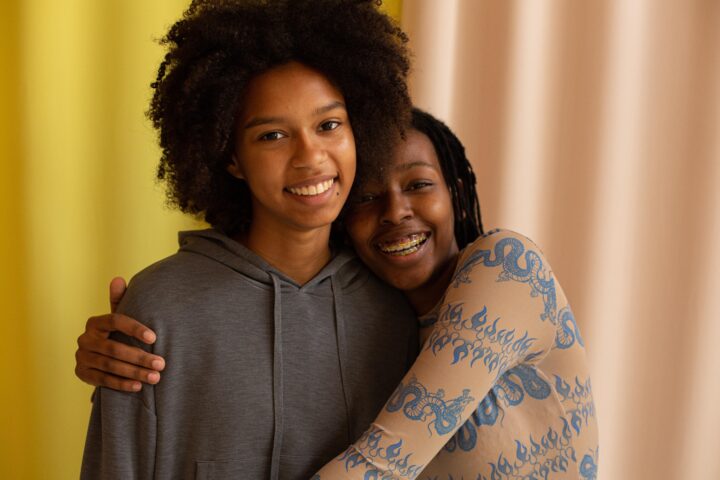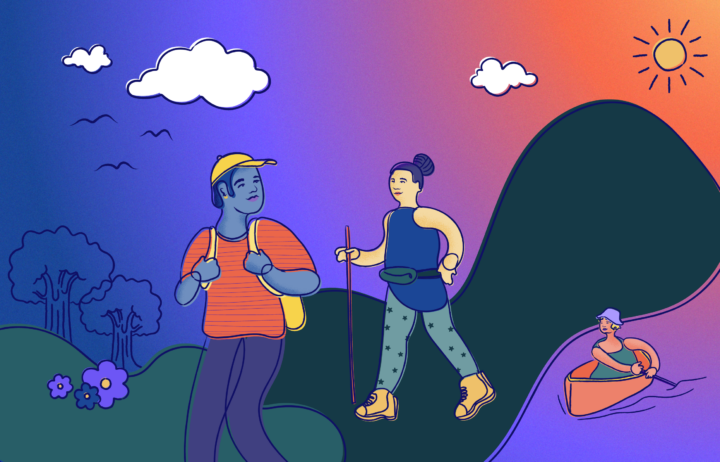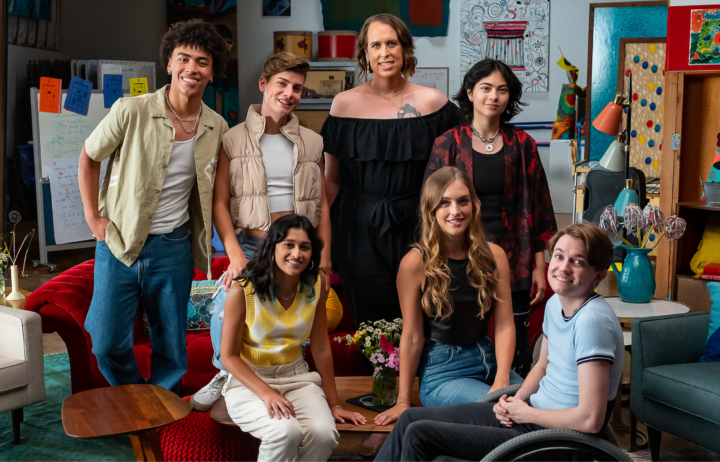Blog
Join Our 45 Mile Outdoor Challenge
More than 1.8 million LGBTQ+ young people are estimated to seriously consider suicide each year in the U.S. — at least one attempts suicide every 45 seconds. This sobering statistic motivates us at The Trevor Project, and our entire community of support, to rally around LGBTQ+ young people and challenge ourselves to do better for them. We’ve had massive success together in our Facebook fundraising efforts — join us for another this March! We invite you (our community of allies and supporters) to join the 45 Mile Outdoor Challenge. We’ll be moving outdoors (ie. hiking, rolling, walking, etc.) in an…






